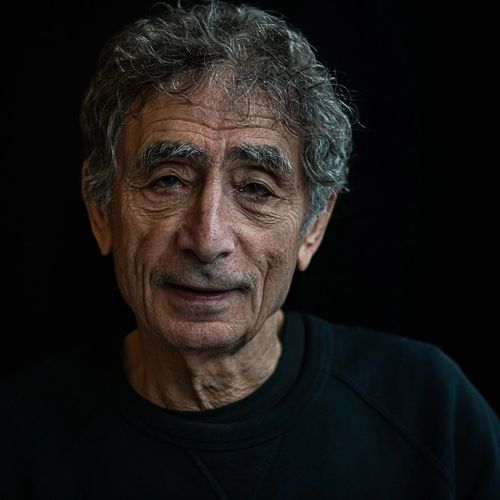Gabor Maté on Addiction
Feb 02, 2023 · 2 mins read
0
Share

The easiest way to understand addiction according to Hungarian-Canadian addiction specialist Gabor Maté is that ‘it is any activity that you have a compulsive relationship with’. You know it's harmful for you in the long run but you do it anyway because you cannot stop.
Save
Share
Now why does this happen? Mainly because our minds have formed a memory of the experience which is now wired into our subconscious & the subconscious remembers the pleasure and temporary relief it felt when indulging in that activity.
Save
Share
A common understanding of addiction is that its difficult to break (and easy to embody) because its the set homeostasis of the system- our “default”, that we have become used to.
Save
Share
Gabor, given his extensive first-hand work in Vancouver with heroin addicts, says that this “default” is often a form of self-medication for unaddressed emotional pain, trauma or stress.
Save
Share
He says, “addiction is neither a choice nor primarily a disease. It originates in a human being’s attempt to solve a problem- the problem of emotional pain, overwhelming stress, of lost connection, of loss of control, and of deep discomfort with the self”.
Save
Share
He asserts that addictions are separated from each other only by degrees of severity, which are tied to socioeconomic factors & personal history. For instance, some addictions are criminalized (hard drugs) while some are more or less tolerated (alcoholism, smoking)
Save
Share
Then comes addictions that are encouraged & even rewarded (say workaholism, the quest for power/wealth). Thus, standards of acceptable/unacceptable addictions are arbitrary and have more to do with culture’s self-delusions than with the truth of addiction.
Save
Share
That is because the symptoms of addiction- obsessive preoccupation, the negative impacts, the relapses, the rationalizing, the feeling of nagging emptiness at the core of the addict’s experience of life- are same for ALL addictions regardless.
Save
Share
Maté advocates for a“compassionate inquiry” into the underlying issues of addictions along with a holistic approach to addiction treatment that considers the individual's social, environmental and psychological factors
Save
Share
Closely connected to Addiction is Repression- another way in which we choose to deal with our problems. Read up on this here.
Save
Share
0